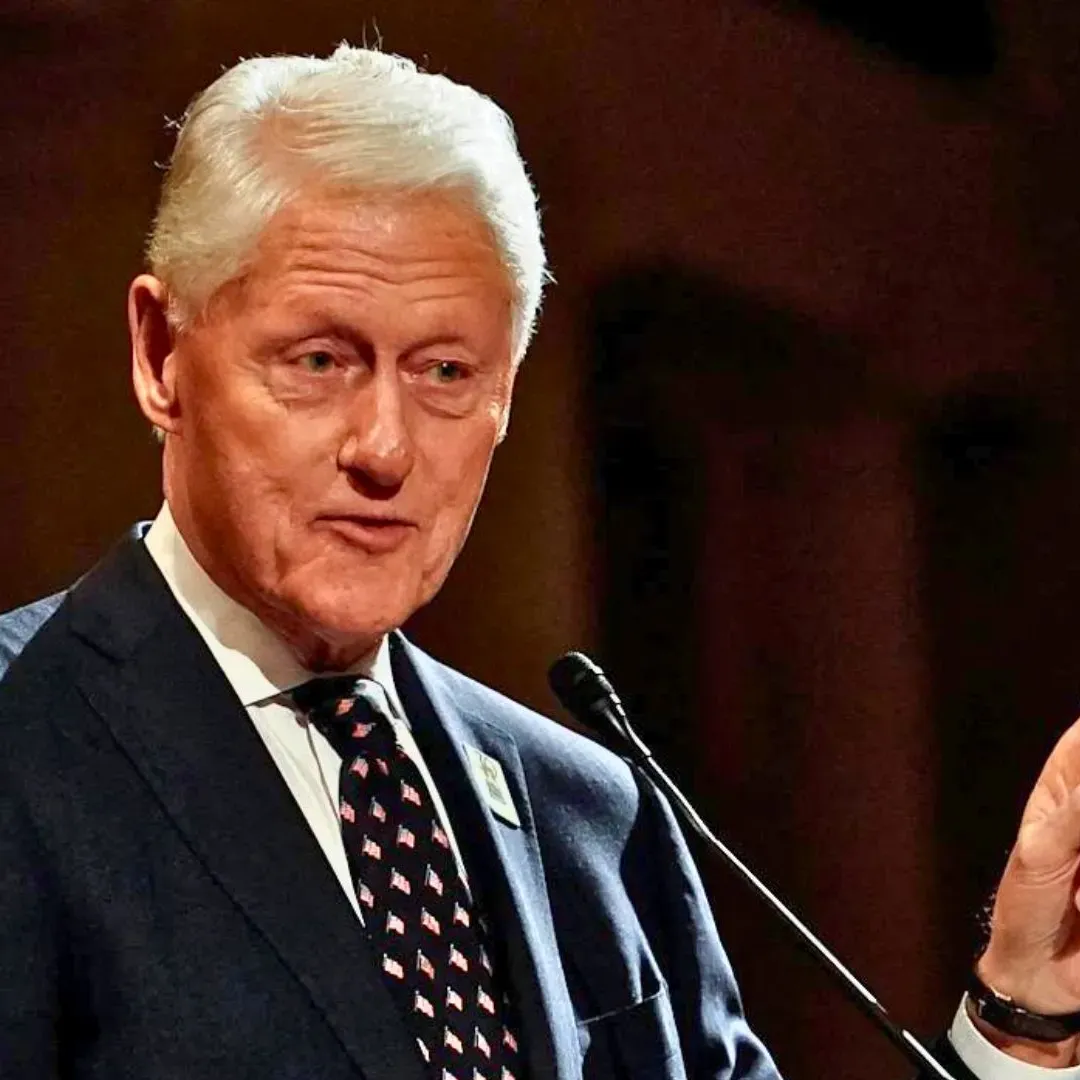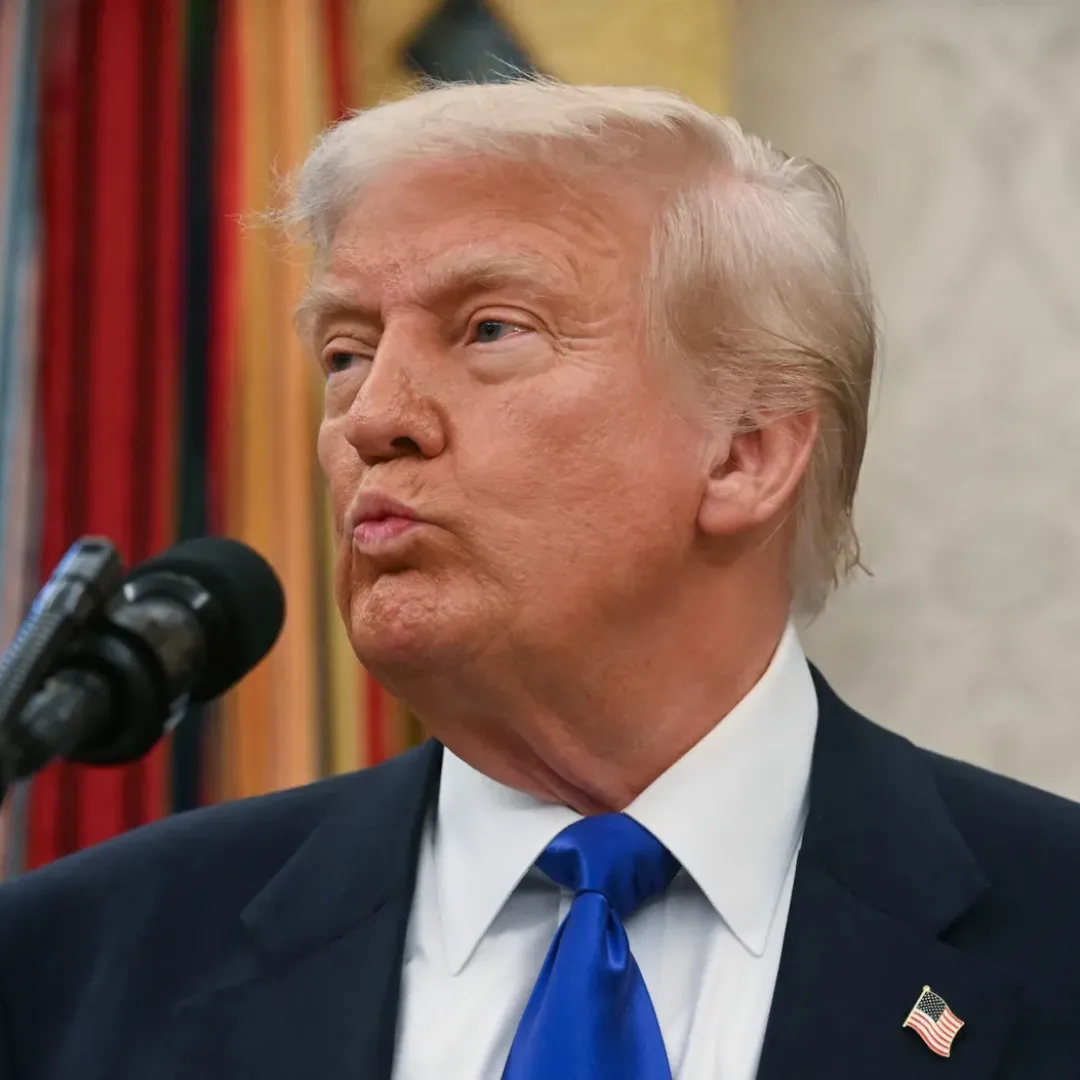
In a move that has ignited significant controversy, the Pentagon has directed all military leaders and commands to remove and review library books that address issues related to diversity, anti-racism, and gender by May 21.
The directive was issued in a memo sent to the military force on Friday, marking the broadest and most detailed effort yet in Defense Secretary Pete Hegseth’s campaign to eliminate diversity and equity programs, policies, and instructional materials from the military.
This action is part of a broader initiative to reshape military culture by focusing more on merit and less on the concepts of diversity, inclusion, and racial equity, which have been part of public discourse in the U.S. for the past few years.
The Pentagon’s new directive follows a series of similar efforts to remove what are considered divisive materials from the libraries at U.S. military academies.
The memo was signed by Timothy Dill, who is temporarily filling the position of undersecretary of defense for personnel, and was obtained by the Associated Press.
According to the memo, all books that are deemed incompatible with the Department of Defense’s core mission—books that promote “divisive concepts” or “gender ideology”—must be identified and sequestered by May 21. However, the memo does not specify whether these materials will be destroyed, stored, or otherwise disposed of.
The effort has drawn significant attention, particularly because it follows a pattern of ongoing actions by the Trump administration to challenge diversity, equity, and inclusion (DEI) initiatives that have proliferated in government, education, and other public sectors.

As part of his push to remove DEI programming from the military, Trump has consistently framed such initiatives as unnecessary and divisive. His focus has been on reducing the military’s involvement in such programs, which he believes distract from the armed forces’ primary mission.
“This is totally UNCONSTITUTIONAL,” Trump wrote in a post on Truth Social, echoing his ongoing criticism of government efforts to address systemic racism and gender inequality.
“No more woke handouts based on race! The Digital Equity Program is a RACIST and ILLEGAL $2.5 BILLION DOLLAR giveaway. I am ending this IMMEDIATELY, and saving Taxpayers BILLIONS OF DOLLARS!”
The Digital Equity Act, which was signed into law by President Joe Biden in 2021, is part of a broader $1 trillion infrastructure package designed to provide internet access to underserved communities.
The act allocated about $60 million in grants for states and territories to develop strategies to increase access to technology. Additionally, another $2.5 billion was set aside to implement these plans.
It is one of the key initiatives in Biden’s “internet for all” program, which aims to close the digital divide by ensuring that people across the U.S.—including in rural and low-income areas—have access to broadband internet and digital skills training.
The Digital Equity Act was a significant legislative victory for the Biden administration, but its implementation has been a source of contention, especially among conservative lawmakers and leaders who view the focus on racial and gender equity as unnecessary and potentially harmful.
Trump’s criticism of the act and his promise to terminate it reflects a broader resistance to policies that aim to address inequalities in education, employment, and other sectors.

These policies have become a focal point of political polarization in the U.S., with Trump and other conservative leaders arguing that such efforts only deepen divisions, while opponents assert that they are necessary to rectify historical injustices.
In a parallel move, Trump also issued a memo to the military academies ordering them to ensure that student admissions are based solely on merit, with “no consideration of race, ethnicity, or sex.”
While Trump’s memo allows for some flexibility, stating that the military academies can consider factors such as “unique athletic talent,” prior military service, or attendance at a military prep school, the overall message is clear: diversity considerations should not factor into the admissions process.
Hegseth stressed the word “no” when referring to race, ethnicity, and sex, underscoring his belief that these characteristics should not be part of the admissions criteria.
The military academies, which include prestigious institutions like the U.S. Naval Academy in Annapolis, Maryland, and the U.S. Military Academy at West Point, have historically used a combination of merit-based criteria along with special considerations for students who come from military families or have faced unique challenges.
However, Trump’s order mandates that admissions offices prioritize “merit-based scores” within each nomination category, with the goal of eliminating any biases that might favor certain groups based on race or background.
This directive has raised concerns among those who view it as an attempt to reverse progress made in diversifying the U.S. military academies. Many believe that diversity in military leadership is crucial to ensuring that the armed forces reflect the full range of American society.
However, Trump’s stance is rooted in his broader philosophy that government programs and policies should focus on individual merit, rather than group identities.

In response to Trump’s actions, Senator Patty Murray (D-Wash.)—the original author of the Digital Equity Act—pushed back forcefully, calling Trump’s remarks misguided and inaccurate.
“As usual, the President has no idea what he’s talking about,” Murray said in a statement following Trump’s Truth Social post. She went on to explain that the Digital Equity Act was designed to help close the digital divide in America and ensure that all Americans, especially seniors and students, have the tools they need to succeed in a digital world.
“I wrote the Digital Equity Act to help close the digital divide in America—it’s about making sure seniors can get online and equipping every student in every classroom with the tools they need to succeed, whether that’s a hotspot to take home or a laptop,” Murray said.
“My law provides maximal flexibility to cities, states, and Tribes so every local community can decide for themselves how they invest Digital Equity dollars—that’s why it passed with overwhelming bipartisan support.”
Murray’s defense of the Digital Equity Act highlights the strong bipartisan backing that the law received when it was passed. The legislation was a response to the growing recognition that access to technology is crucial for success in today’s economy.
By providing communities with the resources to improve access to the internet and digital skills, the Digital Equity Act aims to ensure that all Americans, regardless of their background, have the tools necessary to participate fully in the digital age.
However, Trump’s objections to the law reflect the deepening polarization around issues of racial and gender equity, with conservatives increasingly framing such policies as divisive.

Murray’s argument also emphasized that the Digital Equity Act was not about giving preferential treatment to specific racial or ethnic groups, but about ensuring that all people, regardless of background, have the same opportunities to succeed.
She noted that the law allows for flexibility in how states and localities allocate funds, ensuring that each community can decide how best to use the resources.
The legal implications of Trump’s directive are significant. The funds allocated through the Digital Equity Act were appropriated by Congress, meaning that Trump’s refusal to implement the program would likely face legal challenges.
Murray warned that Trump’s decision to block the funding would amount to “stealing from the American people,” as the funds were specifically allocated for this purpose.
The debate over the Digital Equity Act is just one example of the broader culture wars playing out in the U.S. today. As Trump and other conservative leaders continue to challenge diversity and inclusion initiatives, their opposition to policies aimed at addressing racial and gender inequities has sparked a national conversation about the role of government in fostering equality.
While some argue that such programs are essential to ensuring fairness and opportunity for all, others believe that focusing on race, gender, and identity is divisive and undermines merit-based progress.
In the coming weeks, the Pentagon’s directive to remove books related to diversity, anti-racism, and gender issues will likely face further scrutiny and legal challenges.
Critics of the move argue that such actions amount to censorship and could undermine the intellectual diversity necessary for military personnel to succeed in a rapidly changing world.

Meanwhile, supporters of the directive view it as a necessary step to refocus the military’s mission on its core objectives, free from what they perceive as divisive ideological influences.
As Trump’s administration continues to roll back policies related to diversity and equity, the battle over the future of these initiatives is far from over. The outcome of these legal and political battles will have lasting implications for how the U.S. military, as well as other government institutions, address issues of race, gender, and equality in the years to come.



